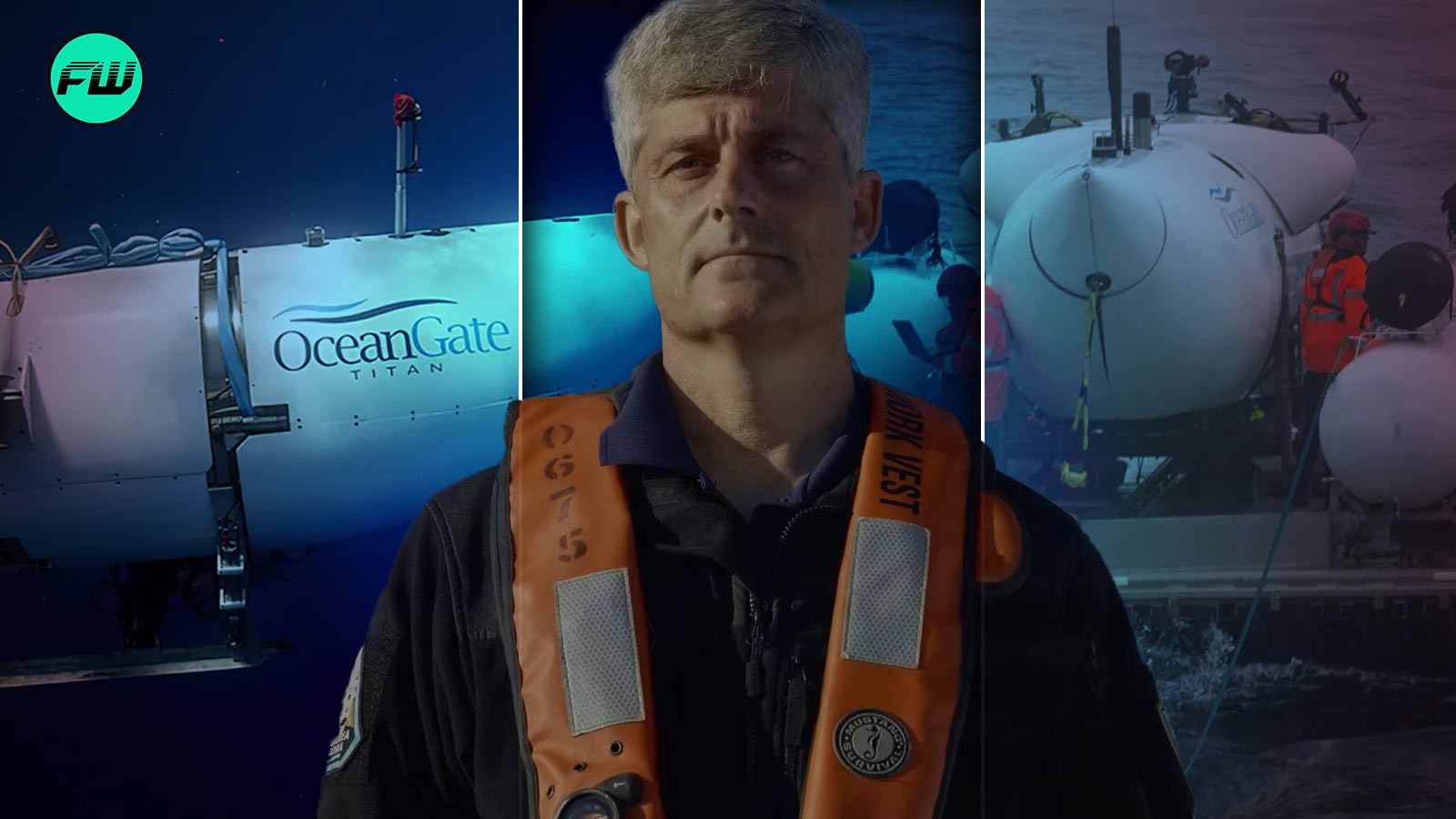
Netflix’s chilling new documentary Titan: The OceanGate Disaster exposes one of the most terrifying stories of modern exploration gone wrong—the ill-fated voyage of the Titan submersible in 2023 to the Titanic wreck. What’s been painted as a tale of technology failing under pressure is far more complex in reality. It’s a cautionary tale of ambition, ego, and dismissed red flags. The documentary holds nothing back in dissecting the decisions made by the CEO of OceanGate, Stockton Rush.
Through interviews, never-before-seen footage, and whistleblower accounts, Titan: The OceanGate Disaster reveals 5 of the most unsettling truths that could’ve helped prevent the horrible tragedy of June 18, 2023- had anyone listened. Here are the most haunting revelations audiences are left grappling with.
1. Titan: The OceanGate Disaster reveals a cult-like culture
Stockton Rush wasn’t merely a risk-taker. The documentary very clearly portrayed him as someone who ruled OceanGate with a messianic complex. Former employees and experts in the documentary describe him as arrogant and stubborn. Tony Nissen, a former director of engineering at OceanGate, even referred to him as a “borderline clinical psychopath” who was “definitely a narcissist”.
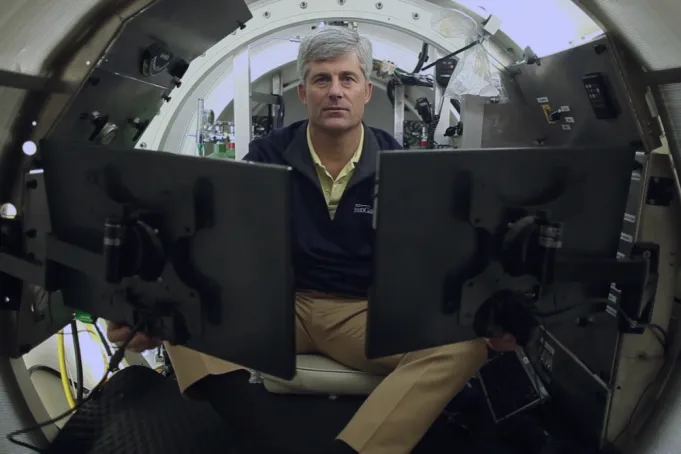
In the documentary, an old audio recording of Rush is played, where he can be heard saying:
We’re doing weird sh*t here, and I am definitely out of the mold. There’s no question. I am doing things that are completely non-standard. And I’m sure the industry thinks I’m a f*cking idiot. That’s fine, they’ve been doing that for eight years. And I’m gonna continue on the way I’m doing, but I’m not going to force people to join my religion if they don’t want to.
This cult-like culture and narcissism ultimately paved the way for flawed decisions to go unquestioned.
2. Titan: The OceanGate Disaster exposed Rush’s legal oversight
Perhaps one of the most disturbing revelations from Titan: The OceanGate Disaster is Stockton Rush allegedly boasting about how he would just “buy a congressman” if they ran into legal issues. This cavalier attitude, as described by Matthew McCoy, a former employee, points to a deeply troubling mindset. McCoy went on to talk about Rush’s attempt to bypass the U.S. law by “flagging the Titan in the Bahamas and launching out of Canada so that they wouldn’t fall under U.S. jurisdiction”.
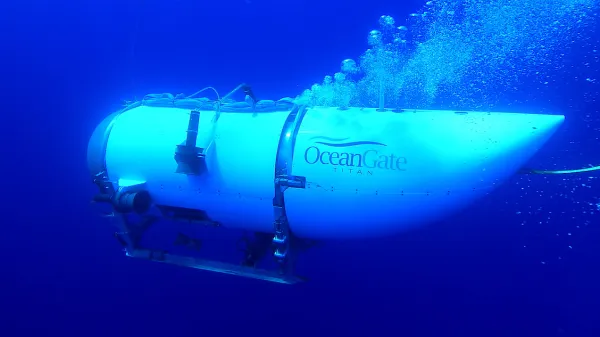
Rush saw the U.S. law not as a safety net but as an inconvenience. His confidence in his mission and readiness to defy legal regulations raises serious concerns about how leaders of high-risk businesses often view laws.
3. The Titan’s troubled design
The documentary reveals that Titan’s carbon fiber material, which, btw, had never been used before at such depths, was a known risk within the engineering community. Carbon fiber is strong but lighter and much less durable than titanium, which is typically used in most submersibles.
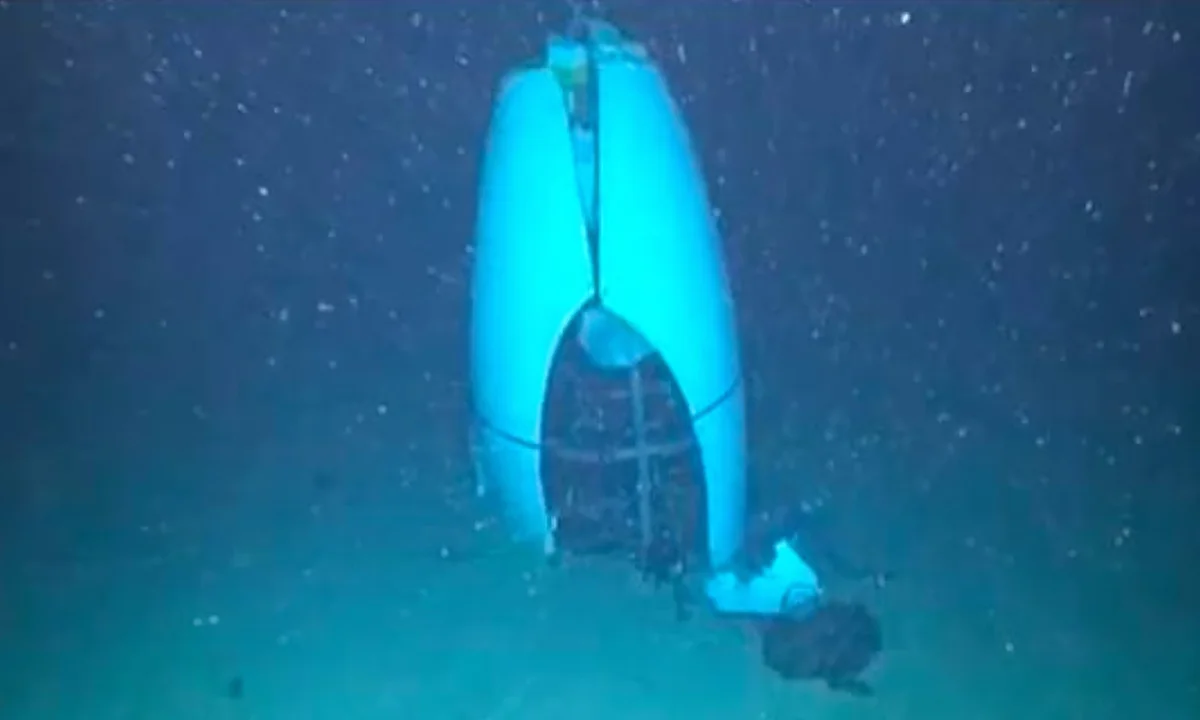
Carbon fiber is said to “snap” when under too much pressure, making an actual sound. The snap sounds can be heard very clearly in Titan’s dives. While Rush tried to dismiss the sounds as natural, Nissen claimed that the breaking is an indication of the submersible not being intact.
4. A finance director as the pilot of Titan?
In another shocking revelation, Rush allegedly wanted to hire Bonnie Carl, an accountant with OceanGate, to be the pilot of the submersible after he fired David Lochridge.
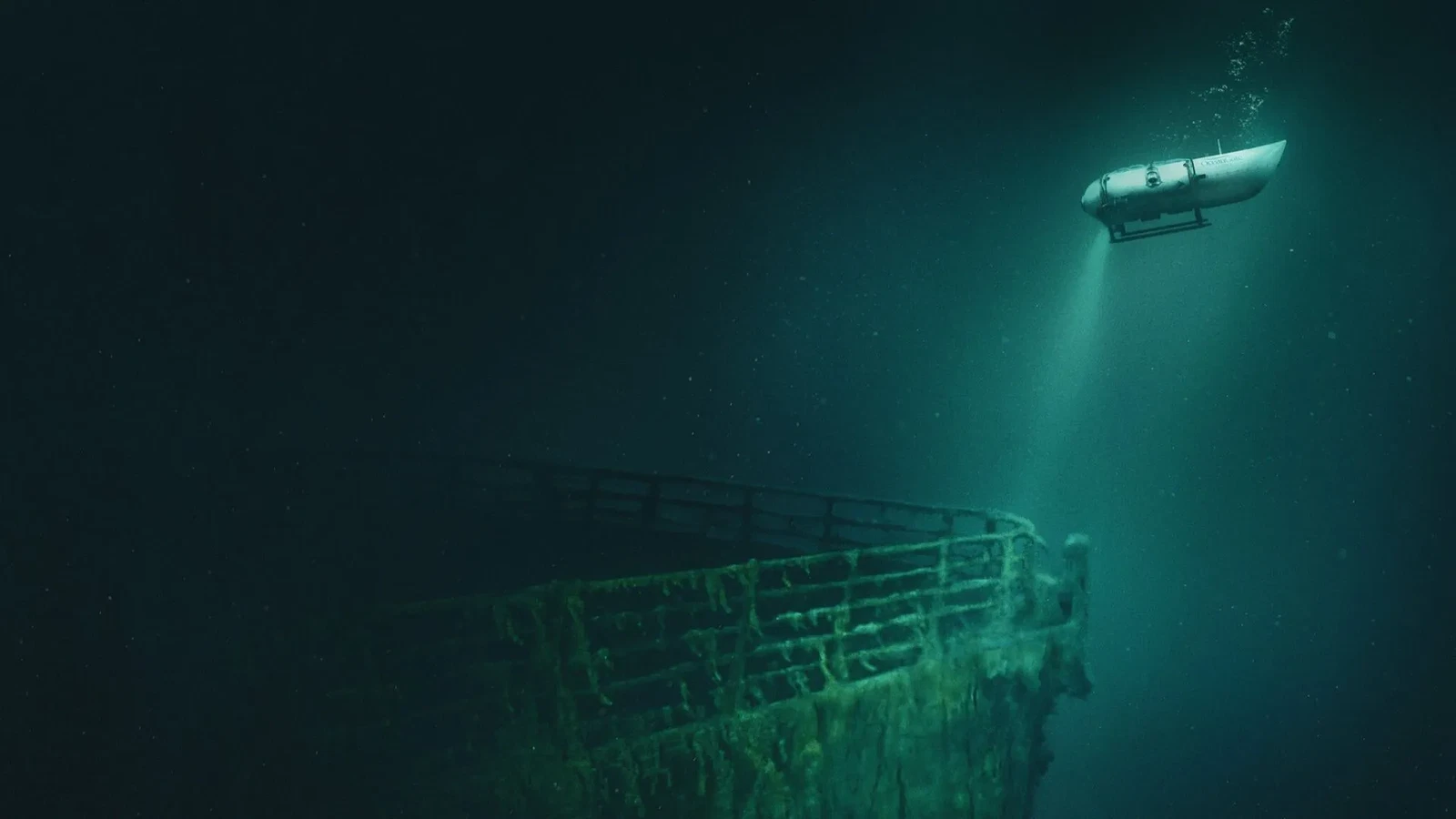
Carl explains:
Stockton went along as though, well, ‘Bonnie’s going to be our next lead pilot.’ ‘This is going to be great. We’re going to have a female lead pilot. This is gonna play well to the media.’
She had no formal submersible or marine experience, and suggests that Rush’s decision to appoint her came from a place of wanting to be a hit with the media.
5. Titan’s passengers were called ‘mission specialists’
OceanGate very cleverly evaded U.S. maritime safety laws by calling paying customers “mission specialists”, a term curated to avoid regulatory scrutiny. The move allowed them to bypass rules that applied to classed vessels with paying passengers.
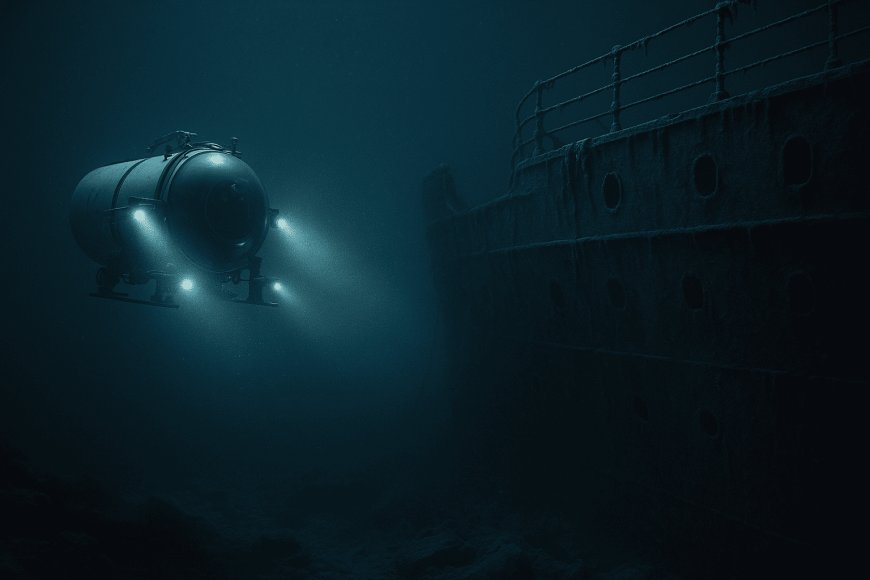
Since Titan was not a classed vessel, OceanGate came up with a new term for the passengers to circumvent laws. Every mission specialist was made to sign a waiver, where they were made aware of the risks; instead of buying tickets like regular passengers, each of them “contributed an amount of money set by Rush to one of OceanGate’s entities, to fund their own missions”, as stated by Rob McCallum, a deep-sea exploration expert.
Titan: The OceanGate Disaster isn’t just a documentary; it’s a deep dive into unchecked ambition, ignored expertise, and corporate hubris. The documentary has already reached #3 on Netflix’s global Top 10 Movies list (via FlixPatrol) due to its shocking revelations of the ambitious expedition.
Titan: The OceanGate Disaster is available for streaming on Netflix (USA)
This post belongs to FandomWire and first appeared on FandomWire
